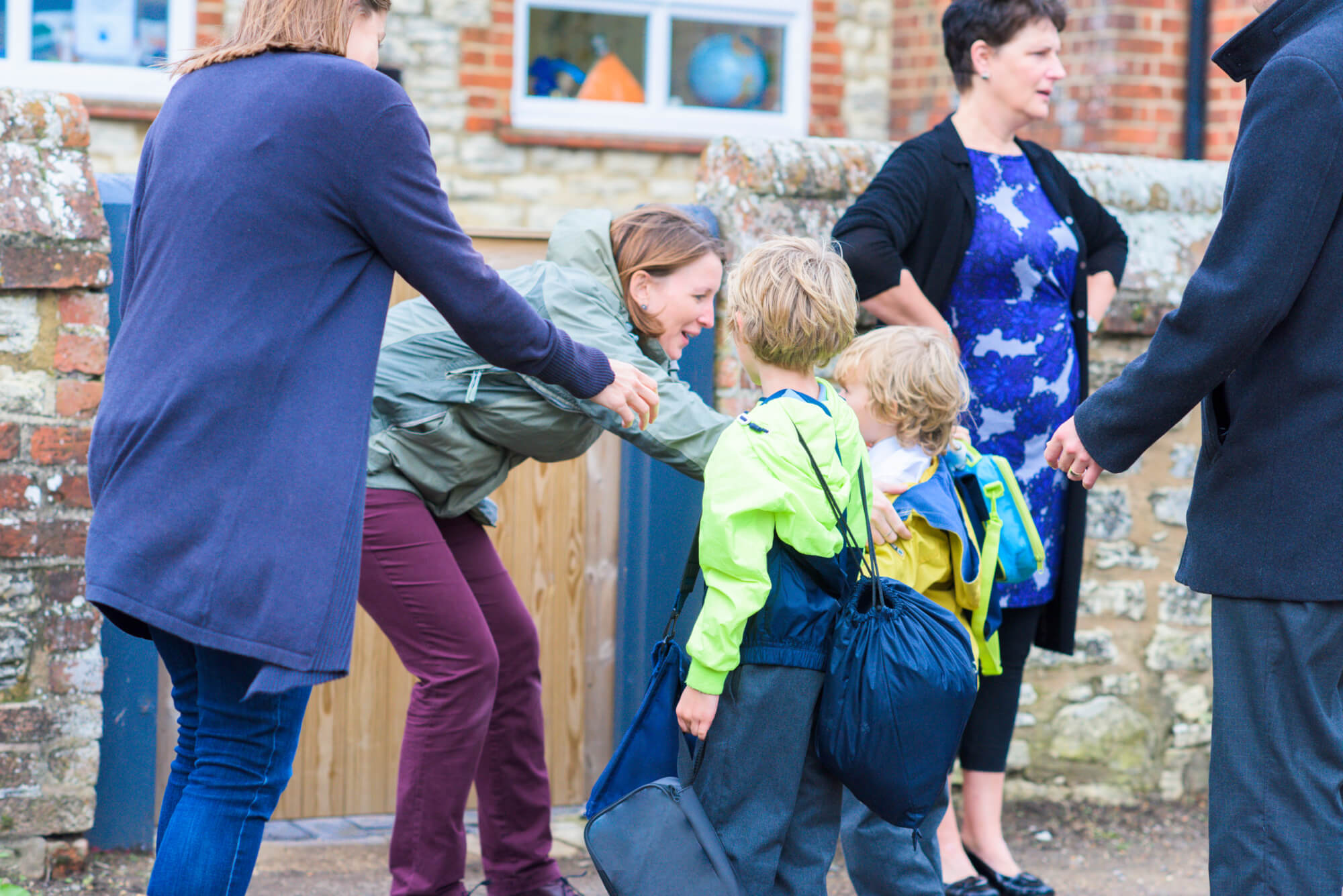Top Tips for Effective Safeguarding Partnerships with Parents

Schools, colleges, and early years settings play a crucial role in safeguarding children, yet staff cannot do this alone. Parents and carers hold vital knowledge about their child’s life, identity, and needs, making them indispensable safeguarding partners.
Strong, respectful relationships with parents improve early identification of concerns, support more effective interventions, and foster a positive safeguarding culture. Conversely, poor communication or assumptions can create barriers that leave children without the help they need.
So, what does an effective partnership look like in practice?
Here’s my tips of ‘Do’s’ and ‘Don’ts’:
DO:
Build Trust from the Start
- Establish safeguarding as a shared responsibility, not a response to a crisis.
- Make safeguarding visible through policies, newsletters, welcome packs, and curriculum content.
- Be approachable; ensure parents know who the Designated Safeguarding Lead (DSL) and deputies are.
- Trust grows when parents understand that staff act with children’s best interests at heart.
Communicate Clearly and Consistently
- Use clear, jargon-free language, especially when discussing sensitive concerns.
- Share information early, before issues escalate.
- Ensure communication is culturally and linguistically inclusive.
- Provide regular opportunities for parents to share insight and be heard.
- Listening should feel equal to speaking.
Respect Parental Expertise
Parents are often the first to notice changes in a child’s behaviour or well-being. Invite and value their observations by using prompts such as:
- 'What do you think is going on?'
- 'What has helped at home?'
This collaborative approach supports holistic understanding and care planning.
Provide Supportive Pathways
When concerns arise, parents may feel judged, fearful, or defensive. Practitioners should:
- Explain processes step by step, including thresholds for Early Help and statutory intervention.
- Highlight the goal: supporting the family, not apportioning blame.
- Offer guidance to the benefits of accessing appropriate services (e.g., mental health support, domestic abuse support, SEND pathways).
- Support should reduce anxiety, not compound it.
DON'T:
Avoid Difficult Conversations
Silence leaves risk unaddressed. Practitioners must:
- Raise concerns promptly, with clarity.
- Focus on observable behaviours and impact, not assumptions.
- Use professional curiosity, asking ‘why’ changes may be happening.
- Avoiding a conversation, even to prevent conflict, may inadvertently enable harm.
Let Personal Values Influence Judgement
Staff must be mindful of unconscious bias relating to:
- Culture or faith
- Parenting styles
- Disability or neurodiversity
- Socioeconomic circumstances
- Family structure and identity
Safeguarding decisions must always be grounded in evidence, never personal preferences.
Share Information Ineffectively
Over-sharing can undermine trust. Under-sharing can leave a child at risk. Practitioners must:
- Follow legal principles under UK GDPR and ‘Information-sharing to safeguard children’ (DFE).
- Share only what is necessary, with the right people, at the right time.
- Record all decisions, including your rationale for the process.
Good information-sharing protects both children and professionals.
A Learning Culture with Parents at the Centre
Effective safeguarding partnerships are proactive, not reactive. They depend on:
- Transparency
- Empathy
- Consistent communication
- Respect for parental insight
- Clear, lawful information-sharing
- Confidence in tackling difficult issues
When schools and families work together, early intervention is more effective.
Ensuring every parent, regardless of background, feels they can ask for help without fear of judgement is key to effective safeguarding. Strengthening these relationships is not an optional extra; it is central to safeguarding practice and a cornerstone of positive educational outcomes.
Sara Spinks
SSS Author & Former Headteacher
10 November 2025